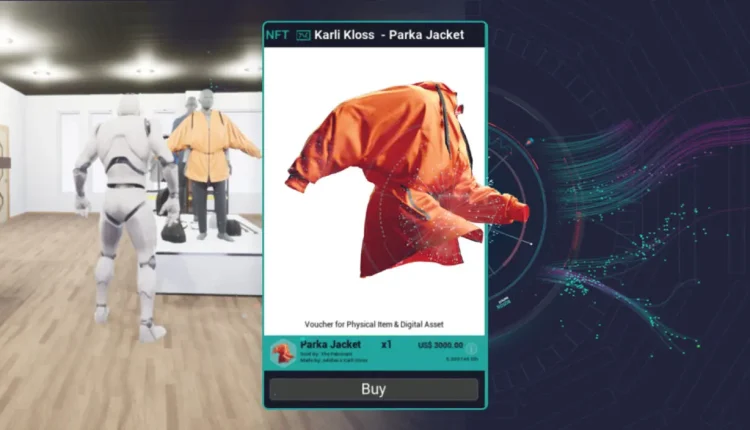Despite metaverse hype, 60% are not interested in virtual shopping
The new Productsup report explored consumer preferences and expectations regarding digital hybrid shopping experiences, with a particular focus on sustainability and new media
While there is much debate around the countless possibilities of metaverse and AR/VR technology as tools for future online shopping, around 60% of consumers do not want to buy virtual goods. Based on a new report by Productsup, which explored consumer preferences and expectations regarding digital hybrid shopping experiences, with a particular focus on sustainability and metaverse.
With revenue from the metaverse expected to reach 800 billion dollars in 2024, it’s no wonder that progressively thinking organizations may be willing to serve customers who aren’t yet interested in spending just online. Overall, the results of the Productsup report show that customers are mainly interested in the digital customer experience that offers transparency, accessibility and availability.
Productsup’s report is based on a survey of nearly 5,700 consumers aged 16 and over in the U.S. and Europe, asking to know their preferences, expectations and behavior towards hybrid shopping experiences.
Over the past decade, sustainability initiatives have risen significantly to consumer priorities-as they decide whether to buy a company’s product, they are increasingly likely to ask about why and how that product is manufactured. Consumers tend to avoid products that will end up in landfills and prefer products that are reusable (71%) or recyclable (70%). However, consumers say that information about the reuse (34%) and recyclability (30%) of a product can be difficult to find.
For example, it is no longer enough to include a ‘fair trade’ or ‘biodegradable’ label in your coffee cardboard cups – not only do 43% of consumers want a detailed explanation of how the product is biodegradable, but 40% also want information proving that the product is indeed ‘sustainable‘. “Consumers are not distracted by ‘green washing‘,” said Lisette Huyskamp, head of marketing at Productsup. “Their expectations cannot be met unless the product information is managed with a strong P2C [product-to-consumer] strategy.”
While consumers of all generations want more information on products, the best way to present this information depends on each generation.Generation Z welcomes the advent of metaverse and digital shopping much more easily than older people. Similarly, Gen Z is much more likely to prefer information presented through online comparisons (40%) or QR codes (37%). Those who are 55 years of age or older tend to prefer information that is easy to find and contained in the product description itself.
Finally, customers tend to want a shopping experience where they have access to information about the products and offers that are accessible both in the metaverse and in the store.
About an equal number of consumers have stated that they are more likely to buy a product if an offer is offered exclusively in a store versus the internet (55% vs. 54% respectively), which means that companies will have to offer coupons and discounts on both physical and digital sites.
Technology that combines physical and digital markets is also welcome
47% of consumers would make a purchase if they could access product information through a store’s mobile app while shopping in person, for example.The use of augmented reality (AR) technology, such as smart mirrors and mobile filters, could also be used to motivate consumers to the store (41%) or the company’s website (42%).
Overall, the results show that while many consumers look forward to the expected increase in the speed, convenience and information offered by metaverse and other digital marketplaces, they are not yet willing to abandon the tried and tested methods of previous decades. “In today’s world of commerce, brands and retailers need to offer differentiated experiences tailored to consumers wherever they shop,” commented Huyskamp.


